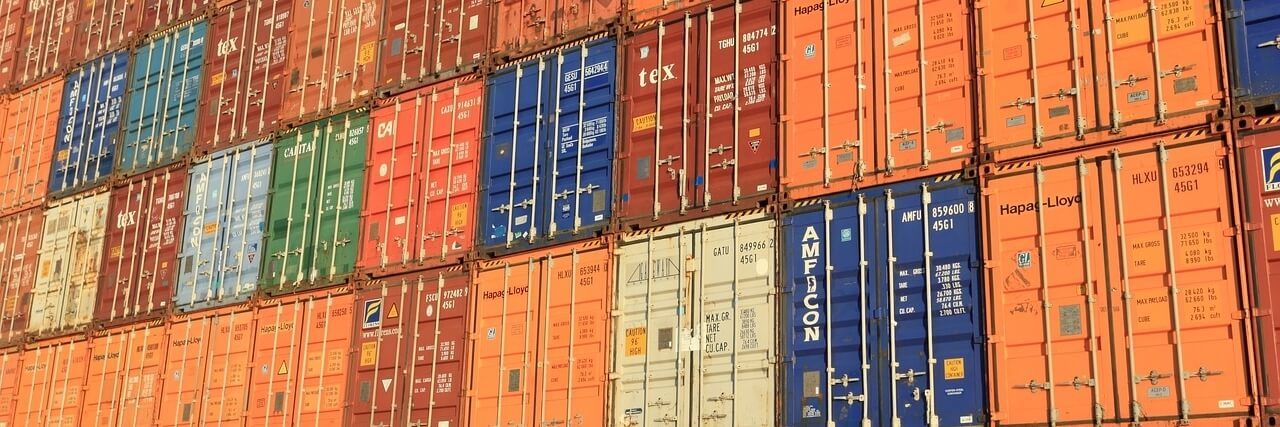When talking about a FCL shipment, shipping companies mean Full Container Load. In this case, a single entity ships a container of goods on their own. Most commercial shipments go out this way, but individuals have to decide which shipping will work the best for them.
Read our guide on FCL shipping below and start your international shipment today!

FCL Shipment Definition
FCL describes a proportion of the container use.
The definition of FCL or “full container load” is determined by the shipper and the container selection. This means the shipper is sending their own personal container which is filled with only their goods. There are different Shipping Container Sizes, but our most common are 20 and 40 foot containers. These hold 1000 and 2000 cubic feet of cargo respectively. In this case, FCL is generally chosen when reaching those volume thresholds. Cargo in FCLs depends on what the shipper wants and can be anything from cars, furniture, boxes, pallets, etc. FCL shipments are also synonymous with sole use container, private container, and exclusive container shipments.
How Much Does FCL Shipping Cost?
Many people start with asking how much will it cost to ship via FCL. In this case, almost all FCL shipments have different costs depending on details specific to each. For example, a single car shipment to Austria in a 20 ft will be completely different than a full 40 ft of household goods to the UAE. To make sure we’re accurate, our representatives create custom quotes for each FCL shipment.
To get your price to ship via FCL, fill out our Online Quote Form and we’ll let you know if FCL is the best option for you.
Pros of an FCL Shipment
FCL transport is one of the most flexible ways of shipping.
Even though some people do not have enough goods to fill a container, they still choose to ship via FCL. The flexibility is what leads it to be the best choice for many different shipments.
More Control of Departure
A big reason to choose FCL over LCL is the ability to ship when you’re ready. The consolidation time adds some time to shipments, so FCL lets you circumvent that. For some, getting out to sea fast is the main priority and shipping this way is the best for that.
Direct Destinations
One of the many pros of an FCL shipment is the ability to choose flexible port destinations. LCL shipments only go to the busiest ports and even skip entire countries because of this. This means that FCL is the only option to ship to some of the countries in the world.
Cons of an FCL Shipment
Even though FCL is always a great option, there are still reasons you may choose an alternate method. As another option, LCL covers some of these gaps.
Overall Costs
If you are trying to keep costs as low as possible, FCL shipments are not always the most optimal as you may have less than the whole container. In these cases you’ll pay for the whole space without using it all. However, if you are shipping enough goods to fill a container, there is better value overall. Like stated earlier, you want to get as close to 1000 or 2000 cubic feet as possible to maximize your use.
Container Examinations
A risk of all container shipments is a customs examination. When shipping FCL, a customs exam will all fall on the individual shipper. With LCL this cost is split between the people in the container, which can alleviate some of the cost. In this case the individual shipper will have to pay all exam fees. These examinations are not likely, but do happen.
More FCL Shipping Resources
To start a FCL shipment, fill our online quote form today!
For more info on any of the above call a Schumacher representative at:
US: 562-408-6677 or Toll-Free: 800-599-0190

